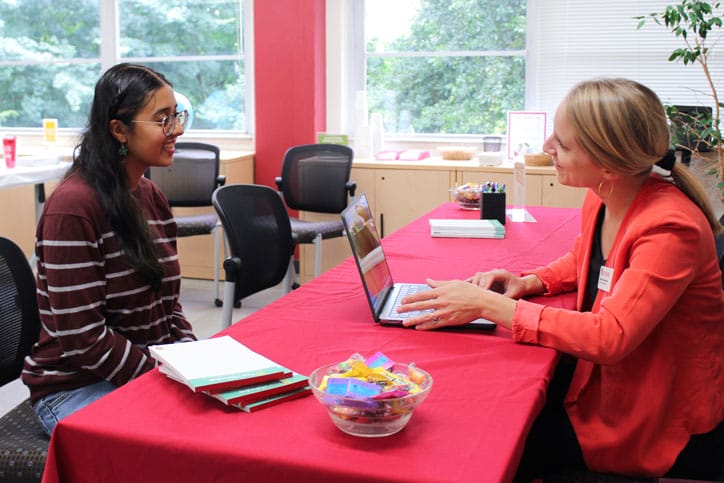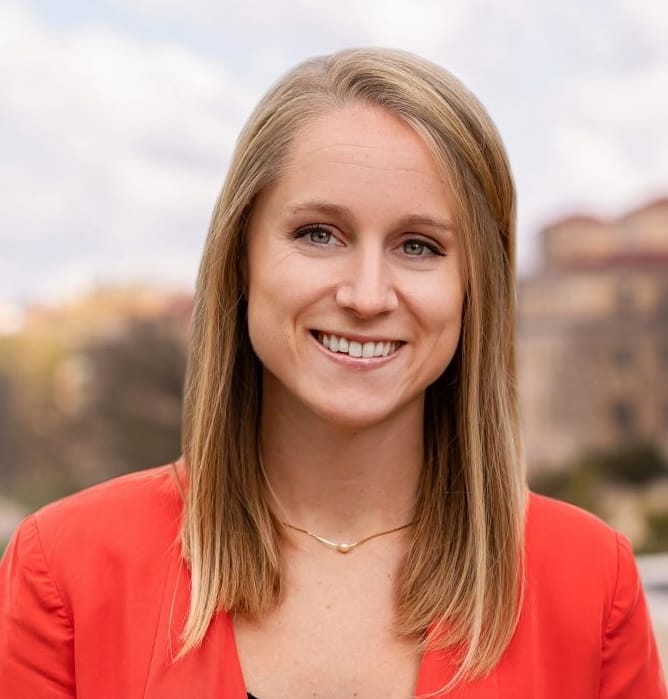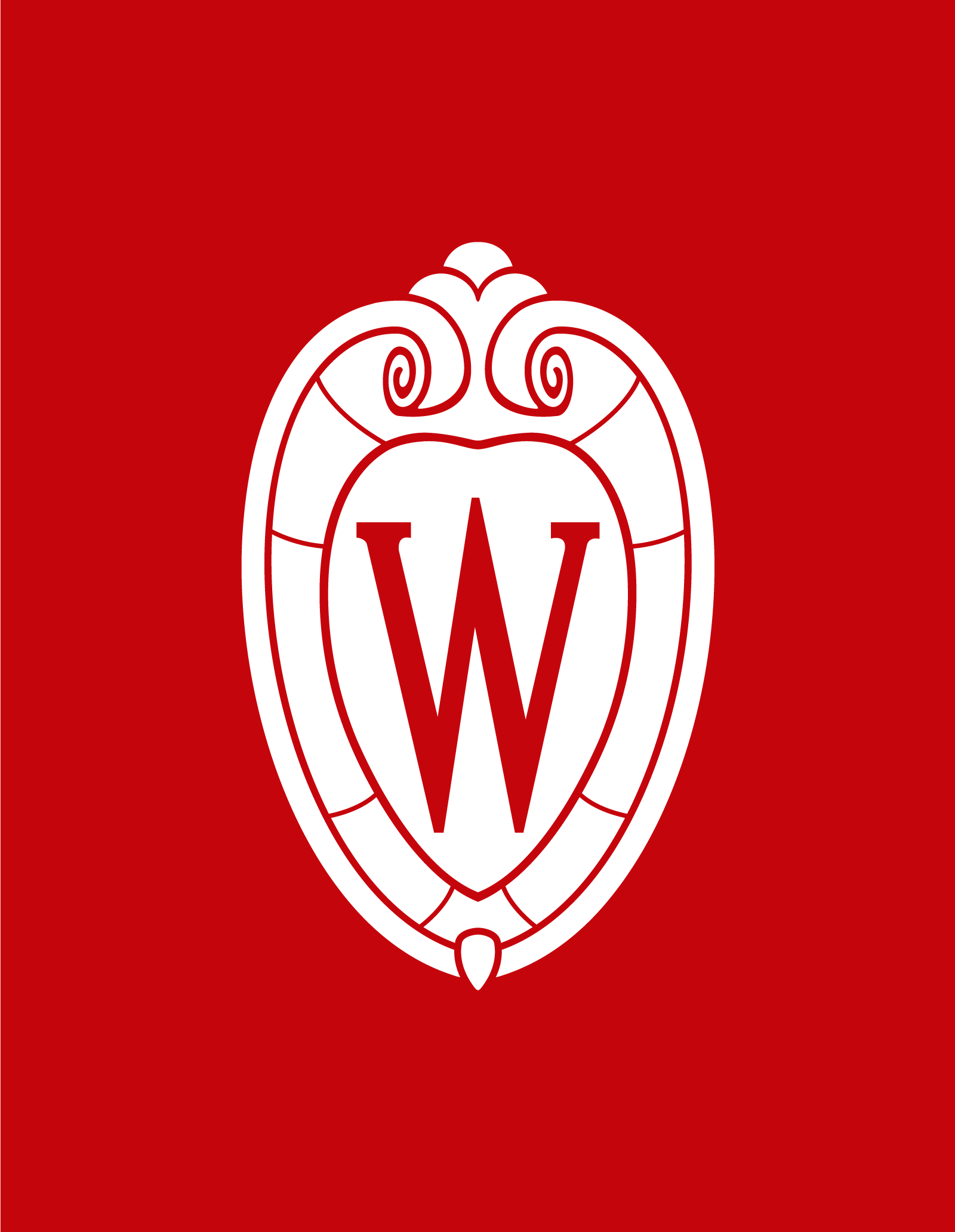

Explore career pathways this summer with these resources and tips
Whether you’re months or years away from graduation, have no idea what you want to major in or have your first post-grad job lined up, it’s a good idea to visit a UW–Madison career advisor this summer. After all, the work landscape is constantly changing — think emerging disciplines, new global challenges and AI — and your interests and values may be changing, too.
Every UW–Madison school and college has a dedicated career services office to serve its students. There are also several career services offices, including the Career Exploration Center (CEC), that can meet with any student. The CEC helps you consider your interests, priorities and goals and navigate your academic and career goals.
“Our staff specializes in helping students with exploration,” explains CEC Director Michelle Jackson. “Students we work with range from first-year students who have lots of ideas about what they want to major in, to students of all ages who want to learn more about career ideas and options, to those who are close to graduation and aren’t sure what to do next.”
Make use of free campus resources
If you’re interested in meeting with a career advisor at the CEC this summer, staff are available for one-on-one appointments either in person or remotely. They can help you navigate a variety of resources — all free for UW–Madison students — including:
- Career Advising. Whether it’s a one-time or a series of appointments, CEC career advisors can lend their expertise wherever you are in your academic or career planning process. “Even if you’re feeling lost or unsure where to begin, we’re here to help with that,” says Jackson.
- Tools. The CEC offers a range of career assessments, self-awareness activities, major exploration and career resources to help you reflect on your interests, skills, values and personality traits. A CEC career advisor can then work with you to answer your questions and make sense of your results to help you determine what to do next.
- Handshake. This job-search tool is not only a great place to find a job or internship, it’s also a helpful resource for research. “If you’re thinking ahead to next year, you can use Handshake to get an idea of what jobs and internships are out there and the qualifications you’ll need to apply,” Jackson says.
- Big Interview. You’ll go through at least one — and probably many — interviews along your career journey. The Big Interview platform helps you practice and improve your interviewing skills to feel confident and ready.
- LinkedIn Learning. The online educational platform offers a host of standalone and series videos that help you learn more about everything from soft skills like communication and time management to technical tools like Excel and project management software. If you complete a specific course or sequence, you can add those credentials to your LinkedIn profile to help you stand out to future employers.
Leverage summer experiences
Jackson says summer may be a good time to slow down and sit with some reflective questions necessary to career planning. “You might explore some of the bigger questions around what interests you or how you want to be in the world after graduation,” she says.
Even if you have a busy schedule, there are still ways to incorporate career planning into your summer.


“You may not have more time, but something in your life probably looks different over the summer,” Jackson says. “You may be in a different place, around new people or working at a different job. These are all great opportunities to connect with people out in the world who have navigated various careers.”
Other summer activities can help you explore careers, too. Part-time jobs, internships, research experience and volunteering can all help you explore the professional landscape and gain insights into a particular career or discipline.
“If you work at a restaurant over the summer, you can use that experience to talk to future employers about the skills you developed there,” Jackson suggests. “You probably gained teamwork, communication, time management and maybe even management skills — all of which are important to employers and help you tell your story.”
She says talking with professionals in your field of interest over coffee or Zoom is another way to get answers to questions about potential careers.
“Connect with those in your network and ask if they can put you in touch with someone in a particular job,” recommends Jackson. “Get comfortable with the idea that you don’t know everything. Most people are willing to help and feel valued when sharing their knowledge and experiences with others. Use these conversations to create a tip sheet with ideas and strategies to help you move toward your desired role.”
Get student-centered advice
Now is a great time to explore your academic and career options, and CEC career advisors are uniquely qualified to help you navigate the many pathways ahead of you.
“If a student tells us they want a job where they can work remotely or travel or work with animals or whatever else it may be, we let students lead the conversation without judgment,” Jackson says. “We are impartial and help students make the best decision for them.”
She adds that the CEC works closely with school and college career centers and other career offices, such as the Center for Pre-Health Advising and the Center for Pre-Law Advising, to ensure students connect with career advisors with tailored expertise.
“You always have support for exploring career options on campus, and the CEC is an excellent place to start,” she adds. “We’ll help you take your next right step.”
The Career Exploration Center is open weekdays from 8:30 a.m. to 4:30 p.m. throughout the year. Visit the CEC website to learn more and to schedule an in-person or virtual appointment with a career advisor. Check out this article for more ways to explore careers and build your resume this summer.
Previous Post
What’s your #MyBadgerSummer story?
